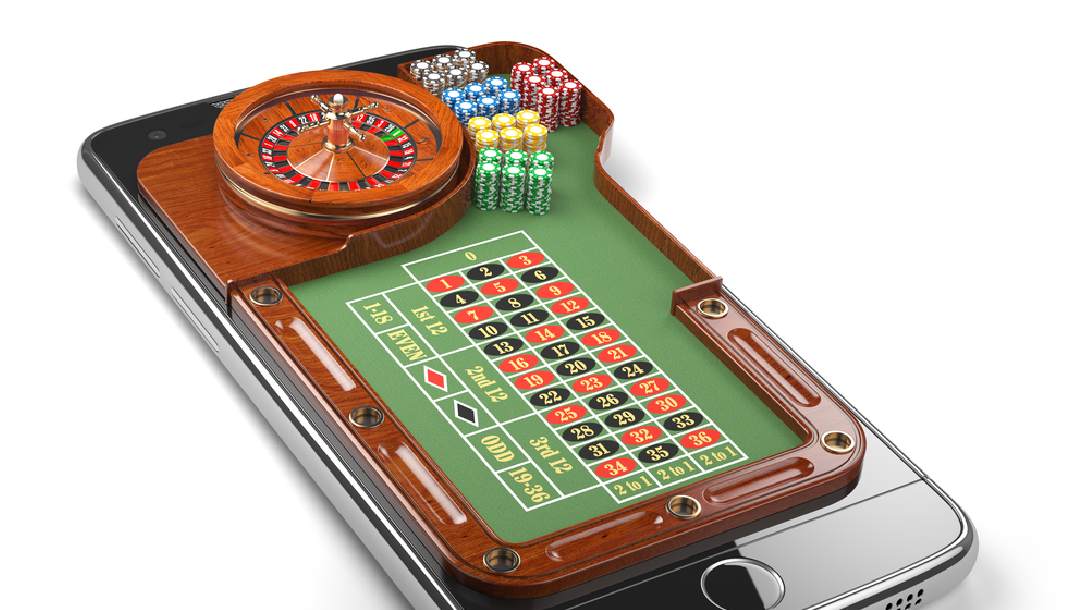A Relationship Among Gambling Games and Math

Casino activities have captivated enthusiasts for centuries, luring them into a universe of thrill, luck, and prosperity. From the flashing lights of slot machines to the strategic action of card tables, these games offer a unique mixture of amusement and risk. However, below the surface of this sparkle and glamour lies a sophisticated connection of mathematics that influences every conclusion and choice made within the gambling establishment.
Understanding this connection between gaming activities and mathematics not just improves the gambling experience but may also help gamblers make knowledgeable decisions. Whether you are a casual gambler or a passionate follower, recognizing the mathematical principles at play can give insightful insights into likelihood, ratios, and strategies, ultimately shaping how one tackles these chance games.
Statistical Likelihood in Betting
In the world of gambling activities, mathematical likelihood plays a critical role in determining results and informing gambler choices. Every activity has a distinct set of regulations and a specific probability model that shapes its mechanics. For example, in games like the roulette wheel, players must understand the chances of choosing a specific number or shade. The likelihood of certain occurrences happening can be computed, and this knowledge can significantly influence betting strategies.
Gambers also need to be informed of the house advantage, which is the statistical benefit that casinos hold over players in the long run. This advantage varies across different activities. In 21, expert players can use tactics to minimize the casino advantage to as little as one percent, while in games like slot machines, the casino advantage can be substantially larger. Understanding the casino advantage allows gamblers to make educated decisions about which activities to participate in and how much to wager.
Additionally, probability is crucial in the principle of risk versus reward in gambling. Every wager carries a certain danger factor, and players must consider the possible return against that risk. Activities like poker require players to not only compute the odds of their own showing winning but also to assess the likelihoods of their rivals’ showings. By applying mathematical concepts to their gameplay, gamblers can improve their odds of success and engage more strategically in the thrilling world of gambling games.
Expected Worth in Gambling Games
When talking about casino games, one of the basic concepts rooted in math is the anticipated value. This statistical measure helps gamblers grasp the potential outcomes of their wagers over a period. In simple terms, expected worth (EV) calculates the mean amount a gambler can expect to gain or suffer per bet if they were to play the activity many times. Each activity has its own EV, affected by the odds and the house edge, which indicates the benefit that the gambling establishment holds.
For instance, think of a game like the roulette game. The anticipated worth can be calculated based on the particular wager placed. If a gambler bets on a single number, the payout is 35 to 1, but the actual chances of success that bet are 1 in 37 (in Euro roulette). This results in a detrimental anticipated value, indicating that, on average, gamblers will lose money over time when playing this type of wager. Grasping this idea allows gamblers to make better informed choices about which games and wagers may be more favorable.
Furthermore, the exploration of expected value can lead to improved money management. Gamblers who comprehend the mathematics behind their games are often able to set realistic expectations. By acknowledging their possible deficits and profits, they can adjust their gambling strategies appropriately, which may improve their total gaming experience overall. As a consequence, expected worth serves as a crucial resource for both beginner and seasoned players to navigate the often volatile nature of casino games.
Approaches and Chances: The Mathematics Behind Success
In gaming establishments, comprehending the probabilities is crucial for gamblers looking to enhance their chances of success. Each activity has its own distinct set of probabilities that establish successful performances, and these statistics are often found in the rules of the game guidelines or payout tables. For example, in activities like blackjack, participants can enhance their odds through tactics such as card counting, which is based on arithmetic concepts to gain an edge over the house. By familiarizing themselves with the chances, players can make more knowledgeable decisions on when to wager and when to give up.
Furthermore, the idea of expected value holds a major function in casino strategies. Expected value calculates the average outcome of a wager over a period, allowing gamblers to assess whether a specific stake is valuable taking. For example, fruit machines have a specific payback percentage, which can indicate the average profit a player can expect on their wagers. By opting for games with better expected values, players can lessen the house advantage, boosting their future winnings in the future.
In conclusion, successful players often utilize a mix of chance and calculative tactics to boost their gaming experience. 77win.bar While chance is unpredictable, managing a wagering approach based on math insights can lead to more positive results. rút tiền 77win By making use of techniques such as money management and choosing games, participants can apply math to navigate the volatile nature of gaming, making the most of their investments and money at the tables.
